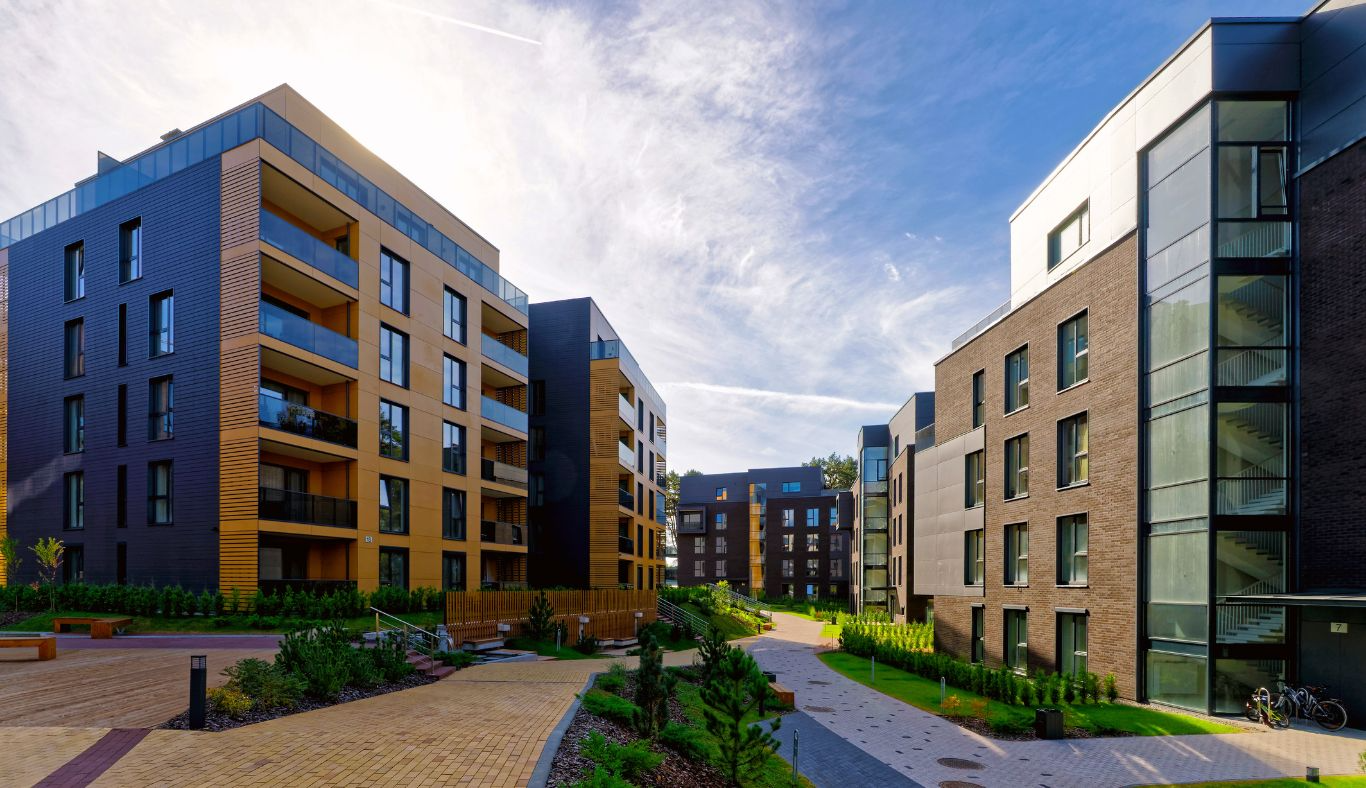Modern property safety in the UK is undergoing a vital transformation, prioritizing the long-term health and well-being of occupants just as much as structural integrity. With growing awareness of historical hazards like asbestos and new threats from outdated infrastructure, the need for rethinking building safety has never been more urgent. Supernova, a company committed to reshaping safety standards, is at the forefront of this change. Their approach doesn’t simply meet regulations—it aims to elevate expectations. We will explore how this vision is redefining how buildings are assessed, maintained, and safeguarded for the future of public health.
Redefining Risk: The Hidden Dangers Within Buildings
Many buildings across the UK still bear the silent remnants of a less safety-conscious past. One of the most significant health hazards in older structures is asbestos, a substance once praised for its insulation properties but now known for its severe health risks. It remained hidden in walls, ceilings, and floor tiles for decades, exposing residents and workers to harmful fibres without immediate symptoms. The true threat of asbestos lies not in its visibility but in its microscopic particles that can lead to life-threatening conditions such as mesothelioma and lung cancer.
These dangers often go unnoticed daily, making thorough property safety audits indispensable. Supernova’s work is grounded in this awareness, shifting the focus from mere compliance to proactive protection. By treating every building as a living, evolving space rather than a static structure, they’ve made it possible to uncover risks before they manifest into harm.
Health and Well-Being as Cornerstones of Building Safety
Building safety has traditionally focused on fire escapes, structural soundness, and security systems. While these factors are critical, they don’t tell the full story of how a property affects its occupants. Health, air quality, and long-term exposure to hazardous materials must also be at the core of safety strategies. Supernova strongly emphasizes the environmental health of London buildings—an aspect that often escapes routine assessments.
Their surveys look beyond checklists to understand how materials, layouts, and even ventilation systems contribute to—or detract from—a healthier indoor environment. A building might be legally compliant yet still pose long-term risks to those who live or work inside. Through comprehensive evaluations, Supernova encourages property owners to think about safety holistically. This helps safeguard physical health and improves mental well-being by reducing worry and uncertainty about hidden hazards.
Beyond Compliance: Creating a Culture of Accountability
Regulations exist to set minimum standards, but true safety demands a commitment beyond what’s legally required. Too often, property safety is treated as a one-time box to tick during a sale, refurbishment, or inspection. Supernova promotes a cultural shift where safety is not just a duty, but an ongoing responsibility. Their process fosters transparency between property owners, tenants, and maintenance teams.
When safety is understood as a shared commitment rather than a reactive task, everyone becomes more vigilant and invested. This approach builds a culture where inspections aren’t feared or delayed, but welcomed as opportunities to protect and improve. Supernova’s efforts contribute to building trust in the literal structures people inhabit and in the systems that govern them. In this vision, accountability doesn’t end at a certificate or report. Instead, it grows into a continual pursuit of improvement and assurance.
Innovation Meets Inspection: The Role of Technology in Safer Spaces
Technology is revolutionising how property safety is approached, making it faster, more accurate, and less invasive. Supernova has embraced digital tools, allowing detailed, real-time reporting and predictive analytics in survey processes. This accelerates the timeline for identifying hazards like asbestos and allows property managers to anticipate future risks based on building age, materials, and use. Drones, thermal imaging, and air quality sensors are just a few innovations reshaping how buildings are inspected.
These tools help professionals gather data without damaging property and with minimal disruption to daily operations. By using technology for convenience and deeper insights, Supernova bridges the gap between tradition and transformation. They’re not replacing human judgment—they’re enhancing it. With more comprehensive information, decision-makers can act with confidence and clarity, setting a new benchmark for safe property management in the 21st century.
Education and Empowerment: Making Safety Understandable
A key part of building safety is ensuring everyone understands the risks and how to address them. Technical jargon and complex reporting can often alienate the very people who need to act on the information. Supernova addresses this gap through clear communication and educational support. Their reports are designed to identify issues and explain them in accessible terms, enabling building owners and tenants to take informed steps. Workshops, digital resources, and ongoing guidance help translate technical findings into practical actions.
When people feel empowered rather than overwhelmed, they are more likely to prioritise safety and make proactive choices. This educational approach builds resilience at every level—from individual tenants to large property portfolios. Supernova’s mission is to deliver surveys, foster understanding, and encourage long-term thinking. Making knowledge the first line of defence redefines what it means to create safe spaces.
Building safety is no longer just about walls, alarms, or inspections—it’s about the health, trust, and confidence of those who inhabit these spaces daily. Supernova offers a vision that treats buildings as environments shaped by history, materials, and human lives. Their work reminds us that real safety is not passive; it’s thoughtful, informed, and always evolving. The importance of forward-thinking solutions cannot be overstated as the UK continues to modernise its properties and address legacy issues like asbestos. With organisations like Supernova leading the charge, the future of property safety promises to meet standards and surpass them in meaningful and lasting ways.


